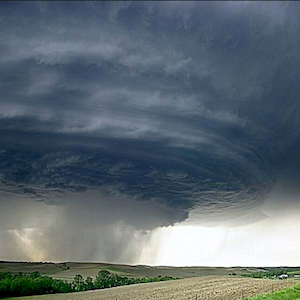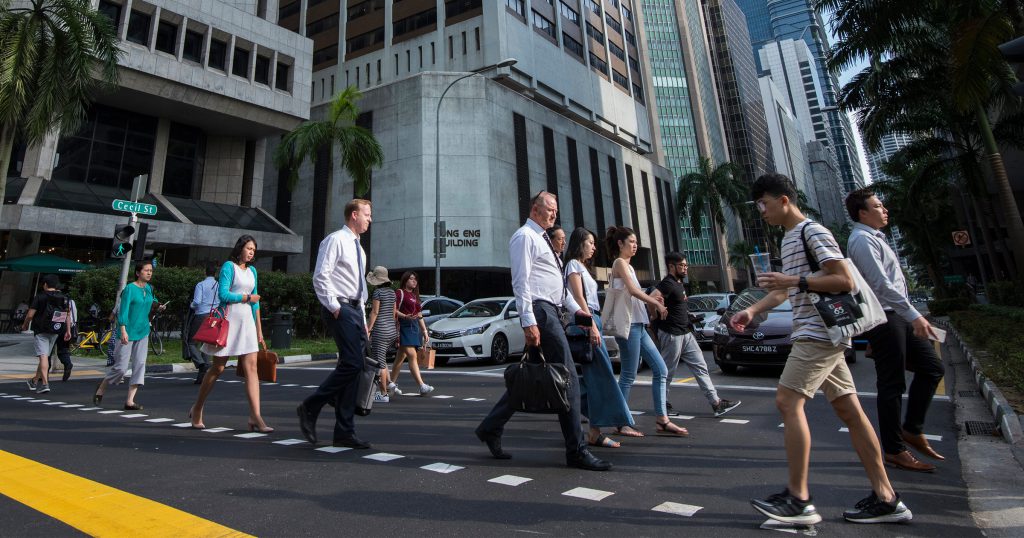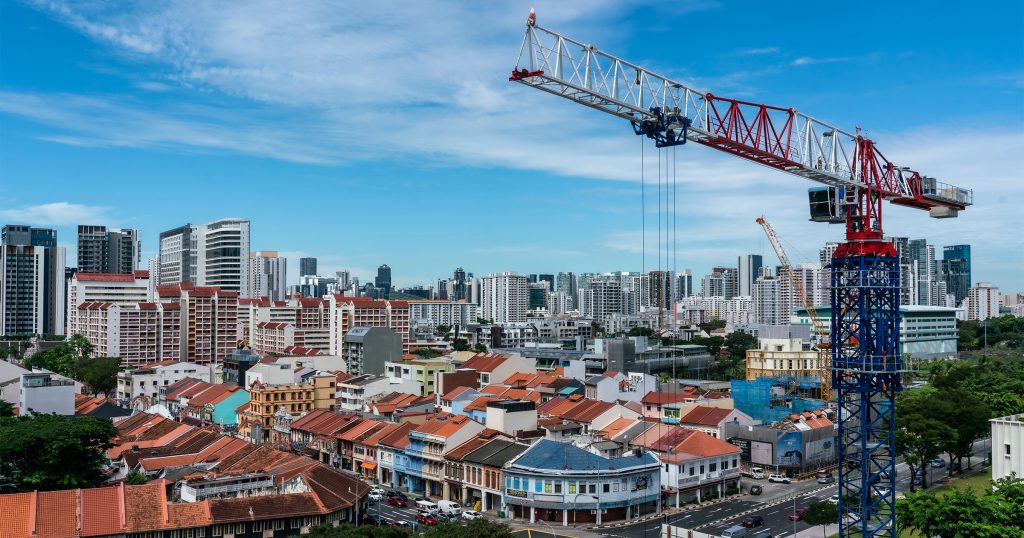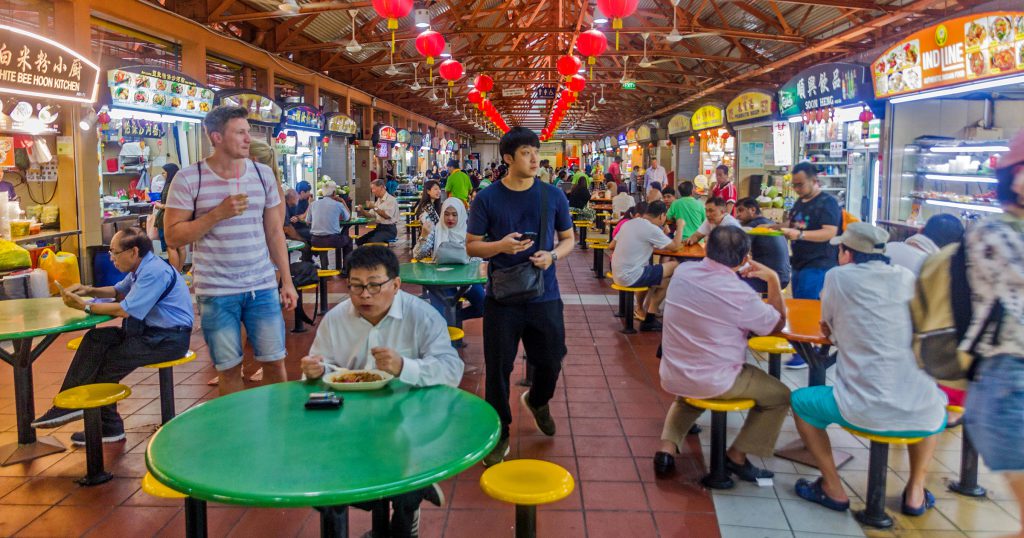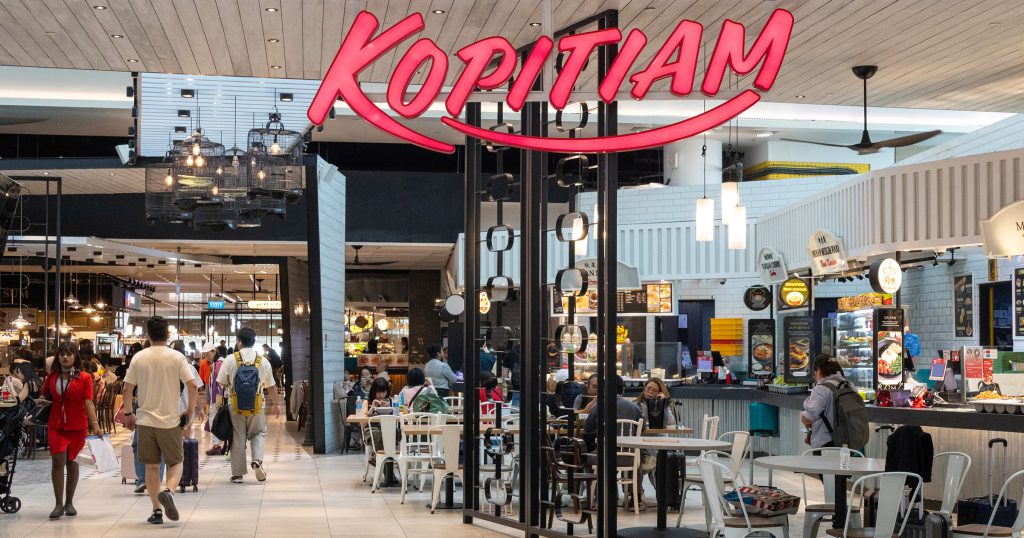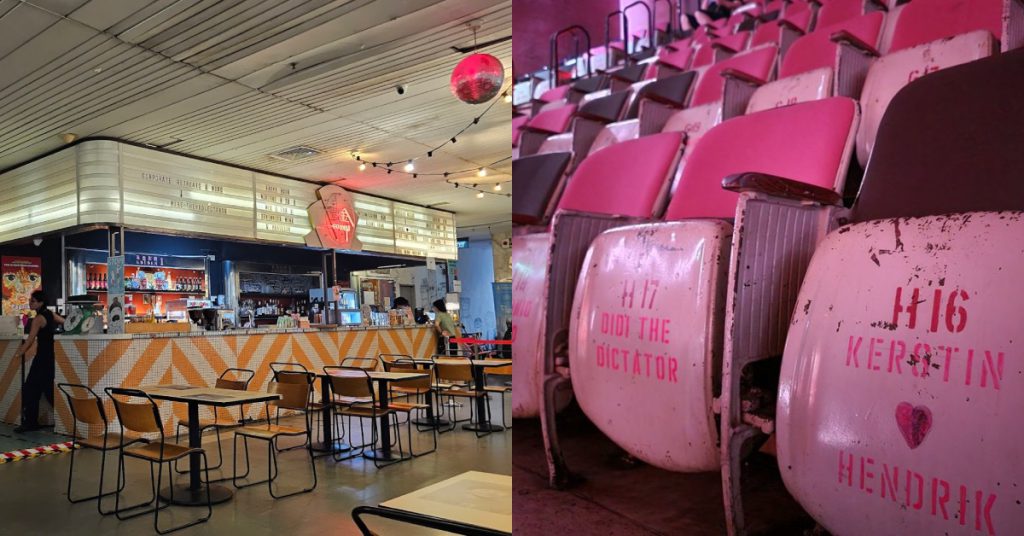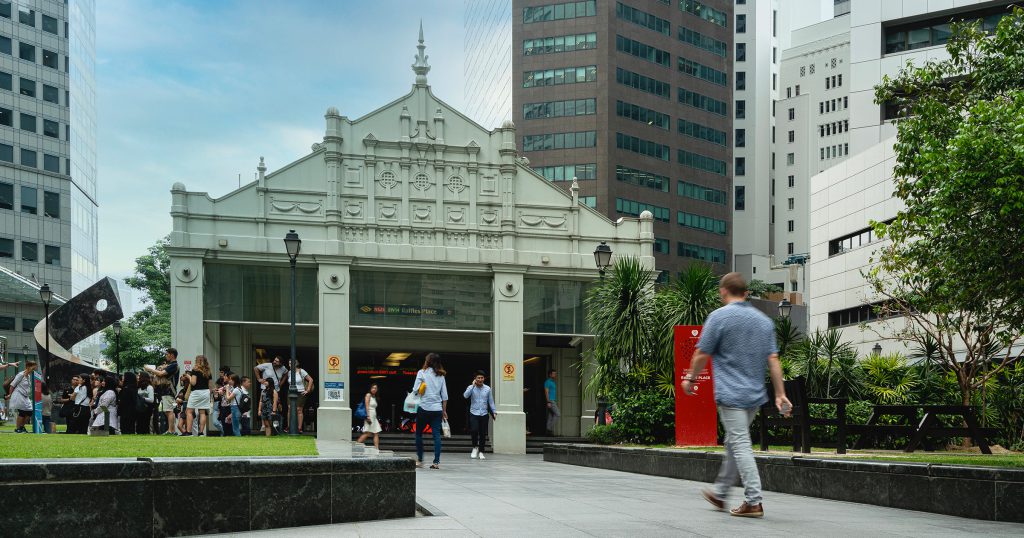It’s July 2013 and it has been almost a year since I started my career. I’m beginning to feel that this is the right career for me despite having some doubts at the start. I saw the fun and excitement the job offers when I stepped into the backstage. Weather is certainly a serious business no matter where you are, even in the widely perceived as mild and “boring” deep tropics.
I have learnt a lot of technical knowledge in meteorology in the past six months, but more importantly, I also picked up quite a few philosophies from weather forecasting. It’s interesting how meteorology can teach you things in life.
1. Think local
A good understanding of local knowledge is extremely crucial for good forecasting. Local effects add value onto forecasting and sometimes may act as an exception to general rule of thumb in forecasting.
We especially the Y-generation have long been told to think global in today’s increasingly globalized society and economy. What we have not been told is that there is no one size fits all solution, a solution successful in one place may not necessary work in another even in similar context. Why ? The answer is simple, local circumstances are different in every country, every place. The culture differs, spending power differs and etc.
Unsurprisingly, our leaders have been practicing the same mistake.
The recent haze situation in Indonesia has forced the three ASEAN countries to solidify their efforts in haze mitigation. The solutions are what you can expect from any international collaboration , things like stricter enforcement, more international support in fire fighting and etc.
While such actions are certainly welcomed, it is alarming that nothing has been mentioned about understanding the problem at the local level. If we don’t fully understand the root of cause, how can we properly design a solution that hits the nail on the right spot?
The article by Francis Ng titled ” Why Indonesia cannot stop the haze ” reveals deeper connection between farmers’ traditions and micro-economics on why land-burning continues to happen today. The issue is complex and requires more targeted solutions than what is being offered right now.
I’m not a pro in the haze issue and certainly would welcome feedbacks. However, I hope that I have pointed out the importance to think local in order to solve today’s problems.
2. Be humble because you will still screw up no matter how smart or how experienced you are
Weather forecasting is like playing poker against Mother Nature. The more we play, the more experienced we get, and we learn to read our opponent better. We become more confident that we can win the game, and indeed we are increasing our odds as time goes by.
However, the weather still beat the fool out of you every once in awhile. It doesn’t matter whether you are just a rookie like me, or a 40-year old experienced forecaster like Bob. You can be just as wrong as the guy on the street.
This helps to serve as an important reminder for us. As we gain mastery and progresses professionally in our career, it is important to remain humble and accept that we may still be wrong, and that we will fumble, that we will one day be embarrassed by our own mistakes.
3. There is no perfect decision, make one and move on
Forecasting is all about making a decision given a specific time frame. You will not have access to all possible information, you will not have time to assess the situation, you just have to make a call. This is especially true in for tropical forecasting, where weather systems are small, short and transient.
In life, we need to make tough decisions every once in awhile. Sometimes, we are so afraid of the possible bad consequences that can be resulted from our choice, thus forcing us to embrace the status quo and ignore the fact that tough decisions have to be made. This happens everywhere to everyone.
The truth is, sometimes we just have to bear with imperfect decision making, and we can’t possibly tell what is going to happen in the future. On the philosophical end, perhaps life gets a little bit more interesting when some shades of unknowns shrouds the path in front of us, only then we find surprises in life.
4. Never lose sight at the bigger picture
One of the first things we do when starting our shift is to read and interpret the satellite image. We need to understand what is the major synoptic weather system that is driving the change in our region. Then, we zoom into our area of interest and focus on meso and micro-scale forecasting. We have to remember the bigger picture at the back of our head as we build our forecasts around it.
Living in a rat-race city like Singapore means that your personal sights and sounds can be drowned out by voices of others and hence losing sight at the bigger picture of why you are doing certain things in the first place. In Singapore, your personal choice and action is often judged by others, making us subconsciously surrender ourselves to the so called “acceptable” social behavior and pattern, diminishing our diversity at the expense of celebrating efficiency.
Whenever in doubt, take a step back and look at the bigger picture.
5. Mother nature is powerful and beautiful

The interconnections of ocean, atmosphere and mother earth is simply amazing. The sun drives the Hadley Cell, the Hadley Cell drives the ocean current, the ocean current in turn drive the weather system and so on so forth. Nothing operates in isolation and the weather system acts to bring everything in balance whenever something is ticked off balance.
The nature awes the man with her beauty but the man awes the nature with his brute.
Climate Change is very real. I personally feel that “dirty” industries especially in India and China will still grow despite global calls for stronger regulation in greenhouse gas production. Nothing can stop these growth from happening in the next 20 years or so.
As a citizen in the 21st century, all we should do is to buy the earth enough time such that sustainable energy can take off. Just do a little bit more, waste a little bit less, recycle a little bit more, and don’t lose your support sustainable energy development. They will happen, but it takes time. At some point in the future, the lowering cost of sustainable energy will intersect with fossil fuel price. Then, a change will happen.
Read also: At 24, the make it or break it moment
About the Author
Wong Songhan is currently working at the Singapore National Environment Agency as a meteorologist. He is currently undergoing a job training at the Australia Bureau of Meteorology, one of the world’s finest agencies in meteorology. The post originally appeared on Escaping Donky and is reproduced here with permission.


